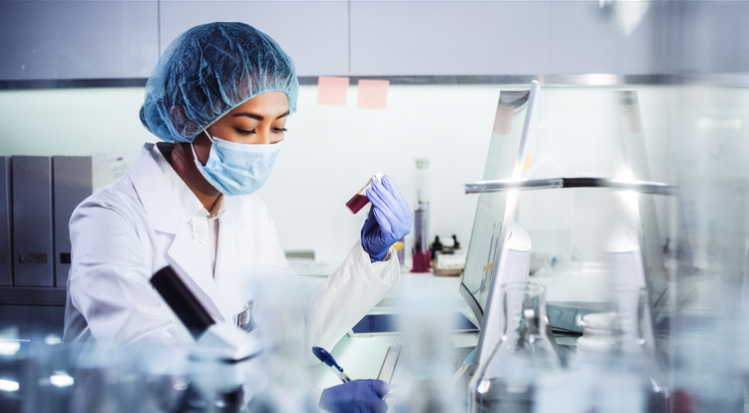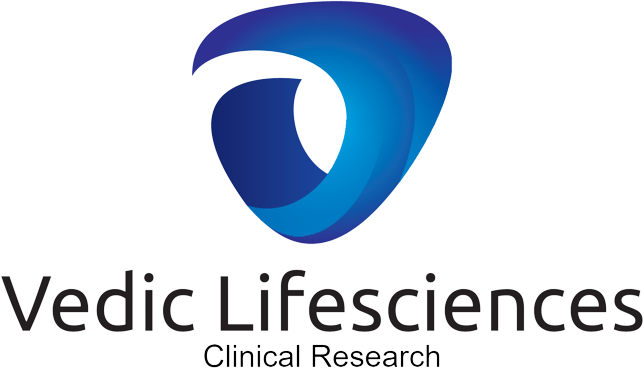
Understanding the mechanisms: Supplement firms upping their game in weight management, sports nutrition trials – Vedic Lifesciences
There is greater interest in understanding the mechanistic actions of dietary supplements in human clinical trials, says Vedic Lifesciences.
Supplement firms are raising the bar to better understand the mechanism of actions of weight management and sports nutrition products, claims Indian contract research organisation Vedic Lifesciences.
About 15 per cent of the Mumbai-based company’s clinical trials are related to weight management and sports nutrition, while another 15 per cent involve joint health.
The remaining clinical trials look at blood glucose management, heart, gut, brain, skin, infant health, cold and flu, immunity, and COVID-19.
Between 2019 and 2020, there has been a 50 per cent yoy growth in the number of clinical trials related to weight loss, the company said, citing data from Clinicaltrials.gov.
Speaking to NutraIngredients-Asia, CEO of Vedic Lifesciences, Jayesh Chaudhary said there was growing interest in understanding changes in “cutting edge surrogate biomarkers” instead of merely changes in physical attributes in clinical trials.
“Client interest in sponsoring sports studies with us for claims related to weight management, body composition, and muscular endurance and strength is not a new trend. We did our first weight loss study in 2005.
“What is heartening is the interest of sponsors integrating cutting edge surrogate biomarkers such as ghrelin, adiponectin, and leptin, and genomic tools such as 16S microbiome analysis of faecal samples,” he said.
Ghrelin is the ‘hunger hormone’ which is said to regulate the appetite, while adiponectin is a hormone that plays an important role in regulating glucose and lipid metabolism.
He explained that this was because companies were keen to find out the mechanisms behind their products.
“Sometimes, even if one would get a clinical effect of a reduction of a few pounds in one or two months, still, the person might go back to his/her original weight.
“And so, companies wanted to know how exactly their products are working inside the body and whether they are increasing or decreasing the amount of certain hormones.
“Therefore, we are seeing a lot of companies requesting to assess changes in these biomarkers, some of these biomarkers, such as adiponectin, are master switches which control many different hormones and cascades of biochemical pathways,” he said
For instance, the company is currently studying the effects of an amino acid supplementation – which is meant for fat loss – on lipid profiles by measuring the peripheral levels of leptin, adiponectin, total cholesterol, and triglycerides in the test subjects.
The company, which counts Chr. Hansen’s newly acquired biotech firm UAS Labs and fellow India firm Enovate Biolife as its clients, said that such studies would be more expensive, but were nonetheless cheaper than those conducted in the US.
“As soon as you are looking at measurements which are beyond body weight and waist circumference, which are just free measurements, the cost of conducting the trials would become more expensive, and this is one reason why we are getting more of these studies in India,” Chaudhary said, adding that the cost of doing so in India would be cheaper by half when compared to the US. This is mainly due to a lower cost of operation in India, he said.
COVID-19 challenges
The company will be conducting 10 to 15 clinical studies in the upcoming months.
One of its current study is a 12-week trial on weight management and is enrolling about 144 volunteers.
Another study will look at the efficacy of a botanical for non-COVID-19 patients in alleviating their respiratory symptoms, such as fatigue, headache, common cold, and drowsiness.
Chaudhary said that although COVID-19 had reduced clinical trials participation in last March to June, the company saw the numbers picked up between late last year and earlier this year before the pandemic turned for the worst two months ago.
Between March and September last year, the company continued running its trials in India and completed trials for 88 subjects.
Overall, between March 2020 and last month, it managed to screen over 1,000 test participants, with 730 being randomised and 590 eventually completing the studies.
One of the key challenges faced was that participants were hesitant to visit the clinical sites.
To encourage participation, the company said it has made alternative arrangements, such as going to the participants’ house to collect samples, offering fully sanitised cab services to ferry the participants, or converting trials which do not require x-ray, MRI assessments to online.
Immunity trials
On the other hand, the company is conducting immunity studies for both COVID-19 and non-COVID-19 related claims.
The studies would be using a combination of subjective and objective markers, the company said.
Subjective markers used include WURSS-21 (Wisconsin Upper Respiratory Tract Symptom Survey), quality of life as assessed by the EQ-5D-5L questionnaire, and fatigue as assessed by the Multidimensional fatigue Inventory (MFI).
Objective markers include serum cytokines c-reactive protein and interleukin-6, SARS-Cov-2 viral load, and SpO2/FiO2 ratio.


